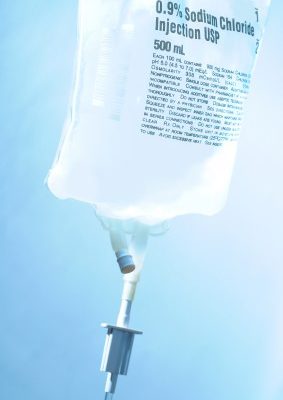Reverse engineering of existing products is a key aspect of competitive research and development (R&D) in commercial healthcare and pharmaceutical markets. It is one of the most complex phases of product development and is rarely conducted out of investigational curiosity: there is always a distinct goal in-mind when it comes to product deformulation.
Polymer deformulation is one of the most common reverse engineering processes used to investigate the chemistry of medical devices like urinary drainage bags, owing to the ubiquity of polymeric materials in medical devices. In order to acquire a complete understanding of the device composition, chemists must build polymer deformulation studies on a basis of broad technical expertise. This requires a range of analytical techniques.
In the following study Polymer Deformulation of a Medical Device, Jordi Labs chemists prepared an investigation of a polymeric urinary drainage bag using seven different high-technology methods:
- Pyrolysis Gas Chromatography-Mass Spectrometry (PYMS)
- Nuclear Magnetic Resonance Spectroscopy (NMR)
- Fourier Transform Infrared Spectroscopy (FTIR)
- Liquid Chromatography-Mass Spectrometry (LCMS)
- Gel Permeation Chromatography (GPC)
- Thermogravimetric Analysis (TGA)
- Inductively Coupled Plasma-Mass Spectrometry (ICP-MS)
Read our whitepaper for full results and conclusions, to gain an insight into the complexities of polymer deformulation and how Jordi chemists can help you with your application.





